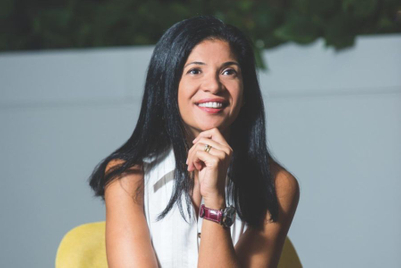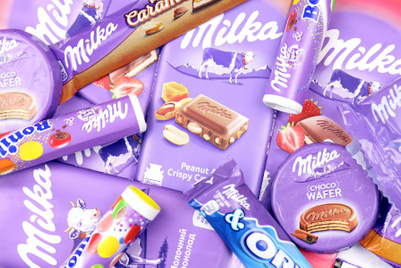
The panel featured James Thompson, MD of Diageo Reserve, Gianluca Di Tondo, senior global brand director, Heineken, and Masashi Kawamura, founder and creative director at Japanese agency Party. The panel was moderated by Atifa Silk, editorial director of Campaign Asia-Pacific.
“On the one hand, we have to brave and fearless. On the other, we’re accountants,” said James Thompson, MD of Diageo Reserve.
On the subject of risk taking (or being ‘Fearless’), panelists underlined that it was a part of their job. Thompson added, “In some ways, we’ve got to be the biggest persuaders in the company.”
Di Tondo, custodian of the Heineken brand that has won 14 Lions at this year’s Festival including a Grand Prix in Creative Effectiveness, concurred: “It’s part of my job to take risks.”
He explained that risk taking, for Heineken, runs in its DNA: “We are still a family-owned company; the spirit in which it is run is still entrepreneurial. We encourage our people also to take risks and push the limits.” The fact that there are 40 people from Heineken at Cannes substantiated the point.
Thompson noted that people make mistakes and must be encouraged to do so. “People are most fearless at the beginning and end of their careers,” he said. “The thing is how much you can learn from [mistakes]. No one should lose their jobs because they came up with an idea. And no one wants to work for a company that’s boring.”
The love of uncertainty
On what defines a brave idea, Thompson explained, “A brave idea is one that makes you feel scared. Courage is about doing something knowing it could go wrong.”
Party’s Kawamura said, “I don’t love ideas where I can see a 100 per cent of the finished product. I get excited by ideas that I can see 60 or 70 per cent of, and it comes to life with the contribution of other partners. There is some uncertainty.”
Di Tondo noted that the role of the marketer comprises two elements: the technical side that involves analytical skills, and the artistic side that involves understanding the power of ideas.
“Mediocre is worse than rubbish,” surmised Thompson. He was referring to the disappointing end product which sometimes gets created when one is trying to create something amazing. The mistakes, he underlined, are well worth it—as long as one learns from them.


.jpg&h=334&w=500&q=100&v=20250320&c=1)

.jpg&h=334&w=500&q=100&v=20250320&c=1)
+(1).jpg&h=334&w=500&q=100&v=20250320&c=1)

.jpg&h=334&w=500&q=100&v=20250320&c=1)



.jpg&h=334&w=500&q=100&v=20250320&c=1)




+(4).jpg&h=268&w=401&q=100&v=20250320&c=1)
+(6).jpg&h=268&w=401&q=100&v=20250320&c=1)

